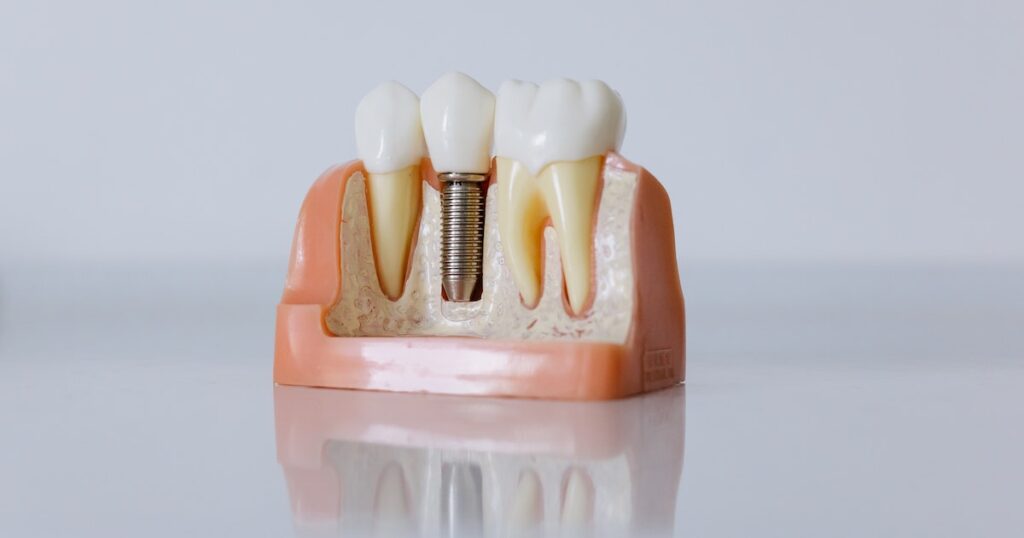Learn The Pros and Cons of Dental Implants

An accident involving an impact on the mouth or jaw, physically breaking the link between the tooth (or teeth) and the hard tissue in the gums that hold the teeth in place, is one of the most prevalent causes of tooth loss. If the collision is severe enough, the tooth may be totally knocked out of its socket.
In less severe cases, the tooth may still be in the socket but is visibly loose. In some cases of tooth loss caused by an impact or accident, the original tooth can be re-inserted into the socket and allowed to recover.
This is not always possible, and your dentist will make a suggestion based on what they believe is in your best interests and has the best chance of success. Other causes of tooth loss are usually tied to an underlying oral health problem.
Gum disease and tooth decay, for example, which are the result of poor dental care, are major causes of weakening gum tissue, which can lead to loose or missing teeth. Tobacco usage and smoking can potentially aggravate tooth and gum problems.
In cases of tooth looseness or loss caused by an oral health problem, it is vital to treat the condition to arrest the progression and begin to repair the damage. In more severe cases, the tooth may need to be extracted. Otherwise, the disease will merely persist, resulting in additional tooth loss in the future.
What Benefits Do Dental Implants Have?
When it comes to tooth replacement choices, a dental implant is typically regarded as one of the most effective long-term solutions. There are numerous reasons for this since a dental implant is the treatment option that results in the most natural-looking and feeling replacement for the patient.
Because the material used in the anchor element of the implant is specifically engineered to efficiently fuse with the bone, dental implants provide a permanent and very secure link between the jawbone and the implant itself. The visible component of the implant is designed to perfectly match the color of your surrounding teeth, and you’d never know which teeth are real and which are implants just by looking.
Implants also help to prevent bone density loss in the jaw caused by missing teeth. When a tooth is lost, the surrounding bone and firm gum tissue are no longer subjected to the frequent pressure and stimulation from actions like chewing, resulting in bone density loss in the area.

